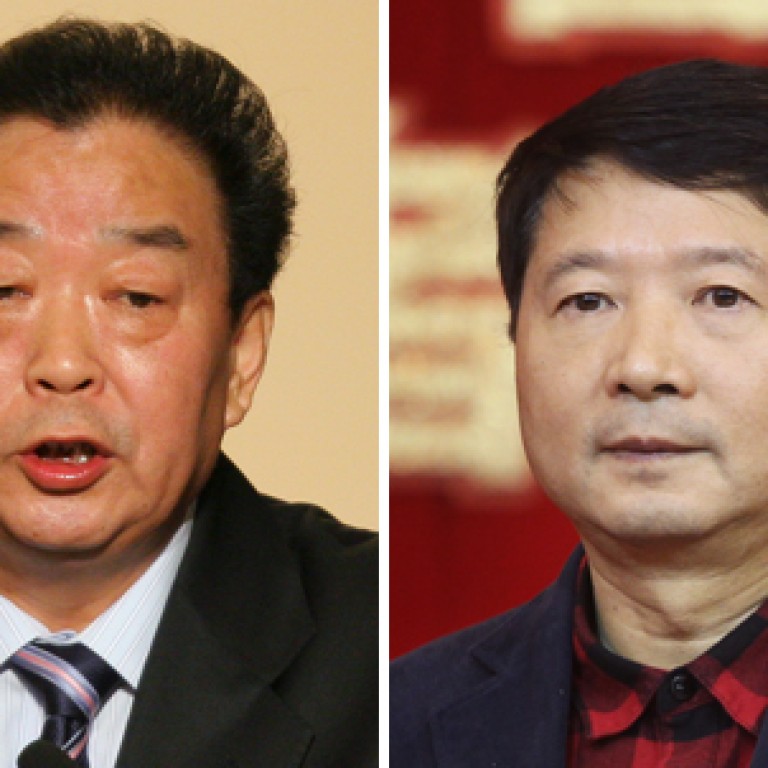
Chinese officials should stop commenting on electoral reform
Frank Ching says the unsolicited opinions of mainland officials about Hong Kong's electoral reform only complicate the process
" Let's talk and achieve universal suffrage," says the English version of the consultation document for Hong Kong's political reform. The Chinese version says , promising room for negotiation. However, the language and tone adopted by mainland officials in Hong Kong suggest just the opposite.
Hao Tiechuan, the publicity director of the central government's liaison office, responded swiftly to the "three-track proposal" of the Alliance for True Democracy by saying it may violate the Basic Law.
In contrast, Secretary for Constitutional and Mainland Affairs Raymond Tam Chi-yuen said on the same day: "I think it's too early to say whether a particular proposal is consistent or otherwise with the provisions of the Basic Law. As [members of] the Task Force on Constitutional Development, we should not, and we will not, comment on an individual proposal because … it is premature to say so."
It is embarrassing for Hong Kong officials to have mainland officials not only looking over their shoulders but, in effect, telling them what their attitude should be on universal suffrage elections, at a time when the government is soliciting public views.
As it is, the government has already tripped up by accepting the view of another mainland official, Qiao Xiaoyang, chairman of the Law Committee of the National People's Congress, that the decisions of the nominating committee are "a form of organisational nomination".
Tam had to acknowledge on Saturday that this requirement was not in the Basic Law.
In 2011, Hao embarrassed local authorities by saying that Hong Kong must listen to Beijing where national education is concerned. He didn't seem to realise that the Basic Law says education is within Hong Kong's autonomy.
It was also Hao who called for an end to surveys regarding Hong Kong identity, prompting a question in the Legislative Council about academic freedom. Tam gave a ringing endorsement of academic freedom.
In 2010, both Hao and Qiao criticised the Democratic Party for proposing "one person, two votes", suggesting that the proposal was inconsistent with the Basic Law and decisions by the National People's Congress Standing Committee. Of course, they fell silent after the central government accepted the idea.
Hong Kong officials already have their hands full. Mainland officials may think they are being helpful when denouncing democrats but they are really only making matters worse. If the central government ends up making another deal, as it did in 2010, its officials here would end up with egg on their face.
Even if there is no deal in the end, mainland officials who reject one proposal after another on the grounds that they violate the Basic Law only make the Hong Kong administration look hypocritical.
If there is really no compromise possible, then the position is not . It is : there is no room for discussion and the consultation is phony.

